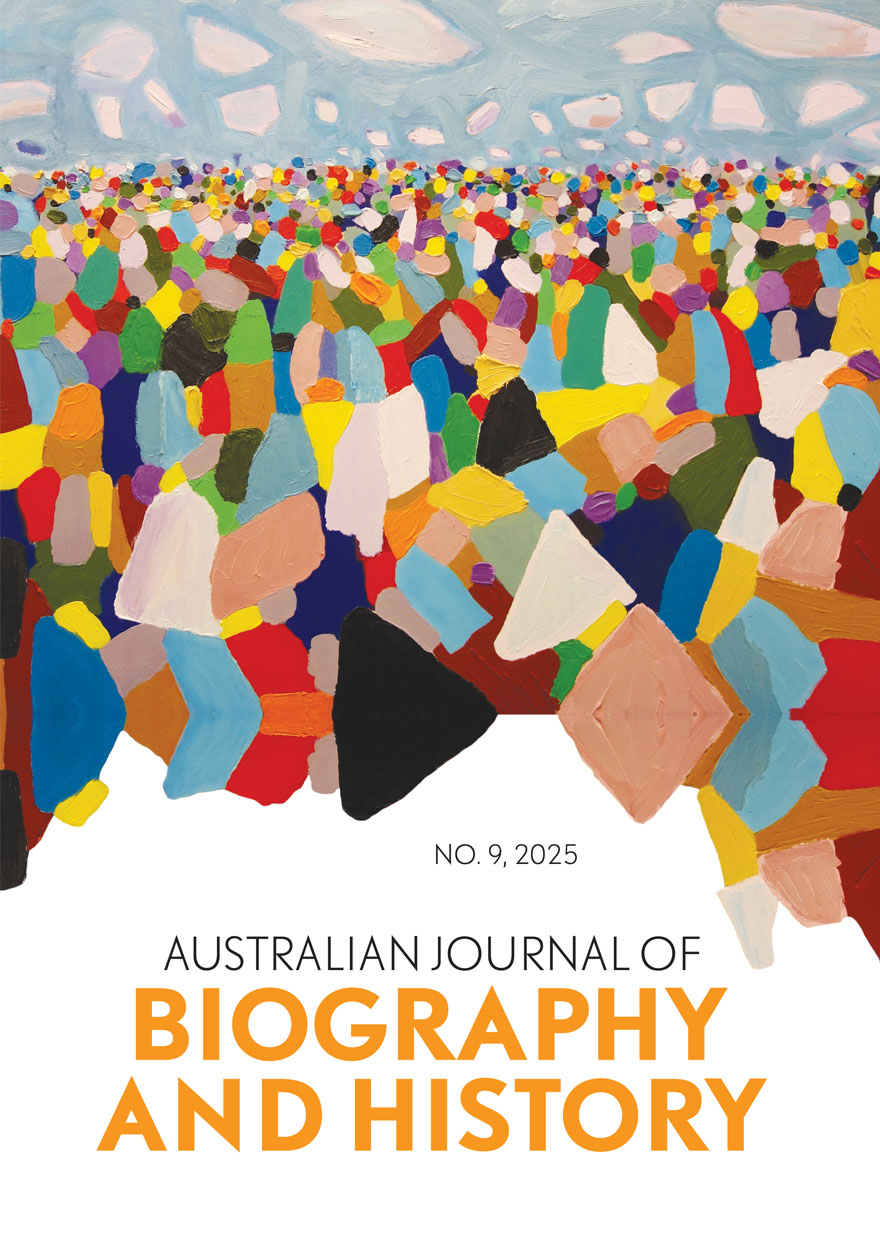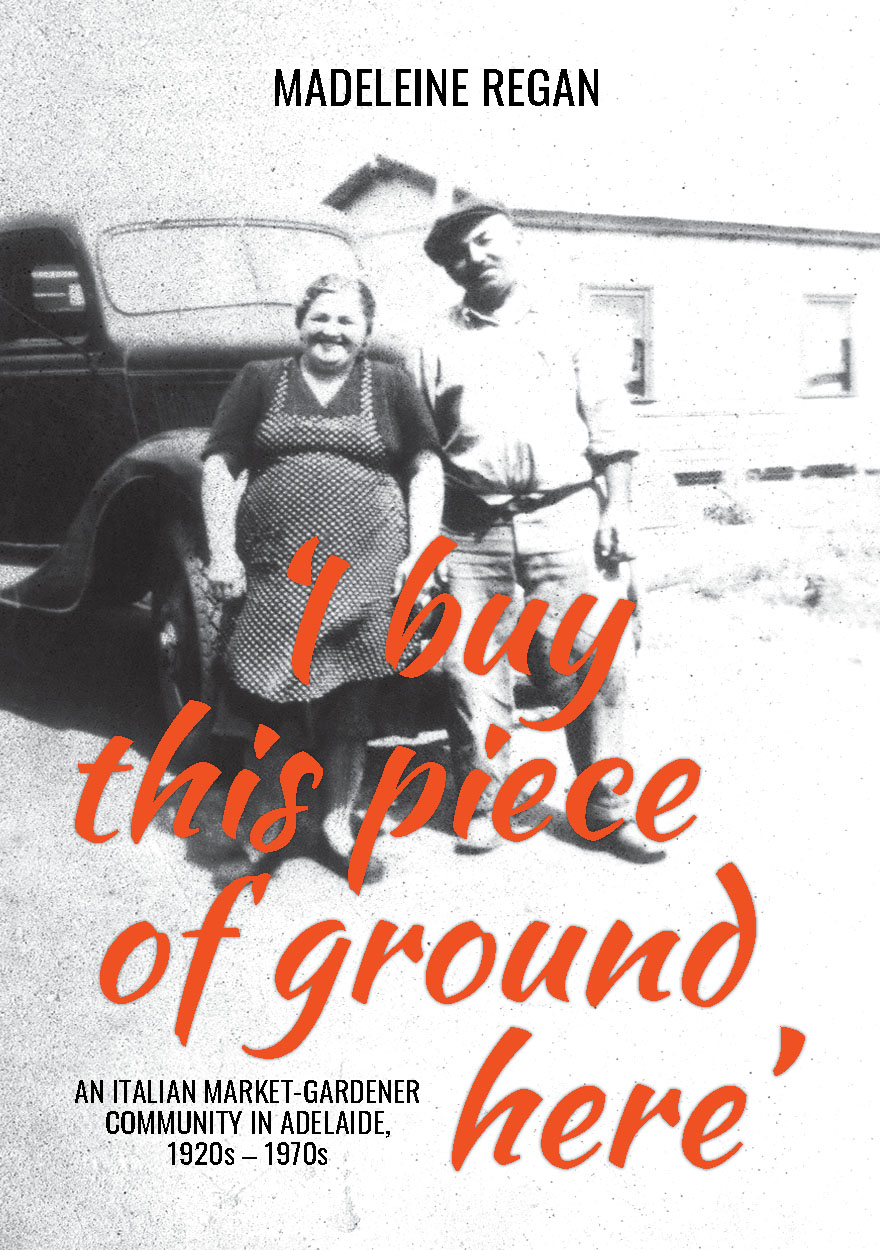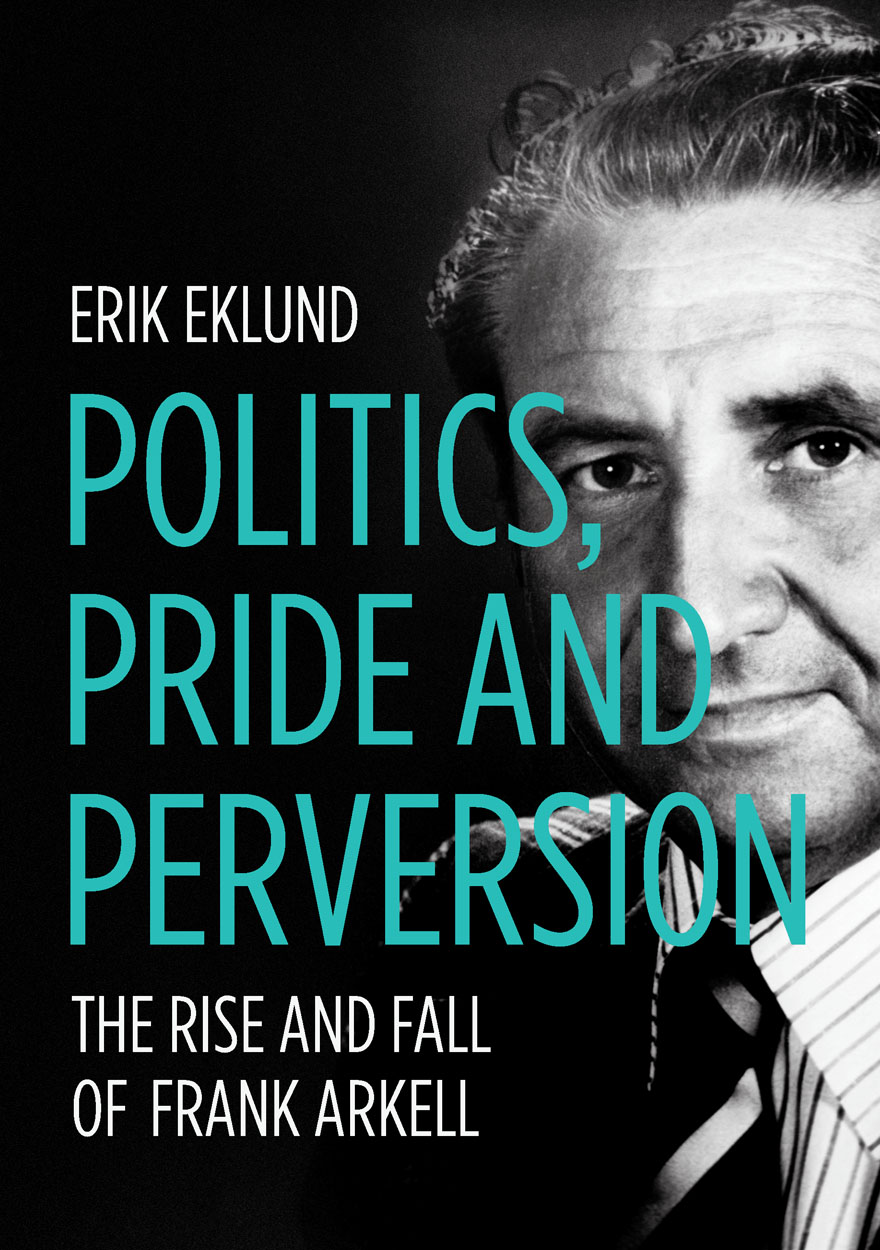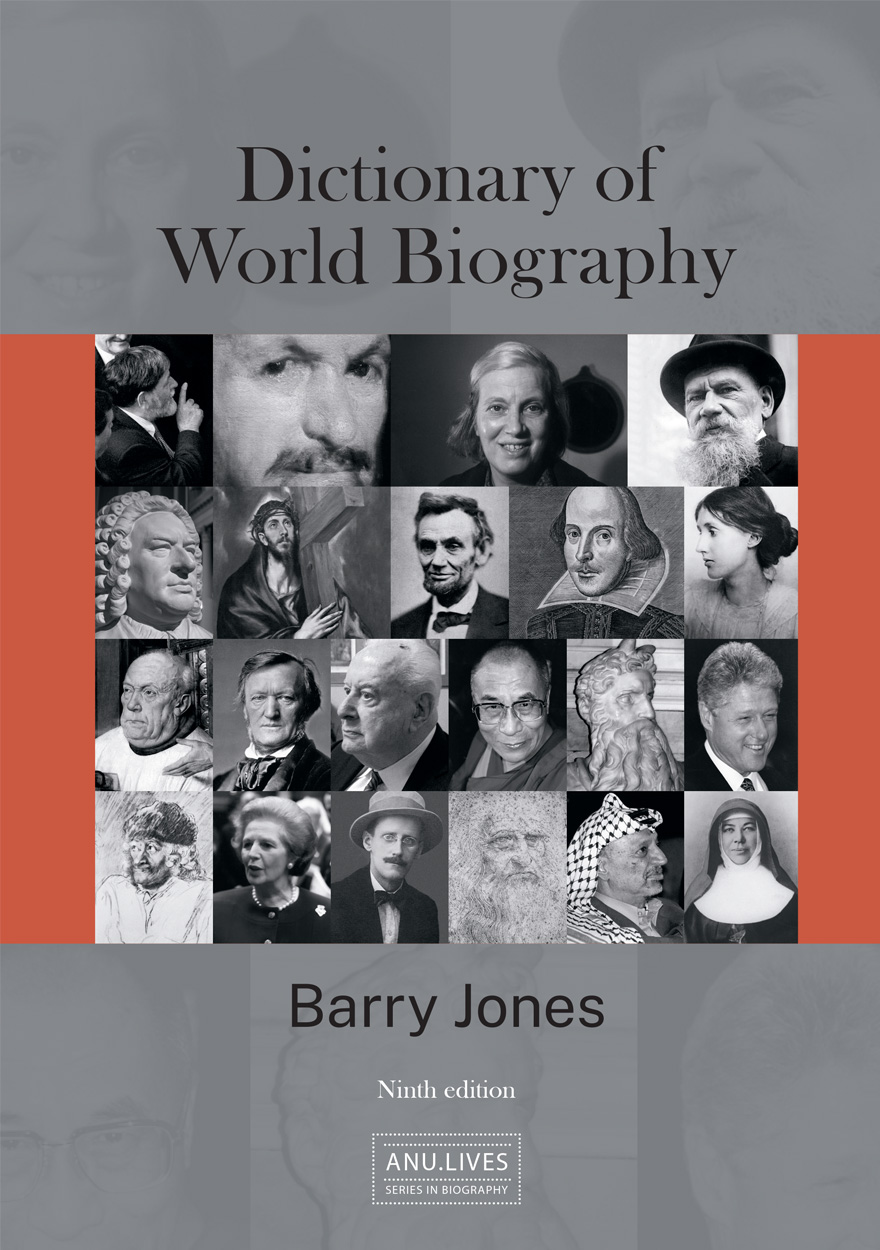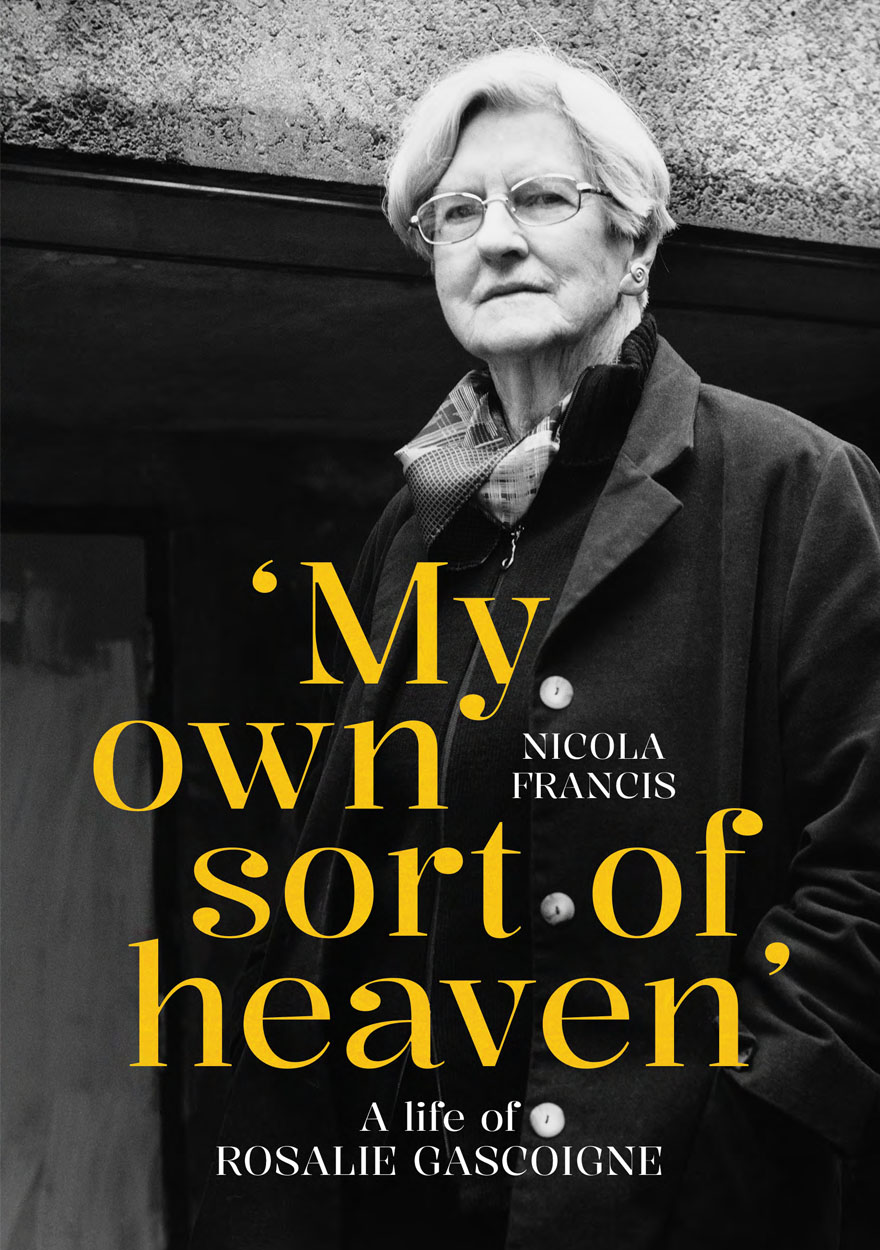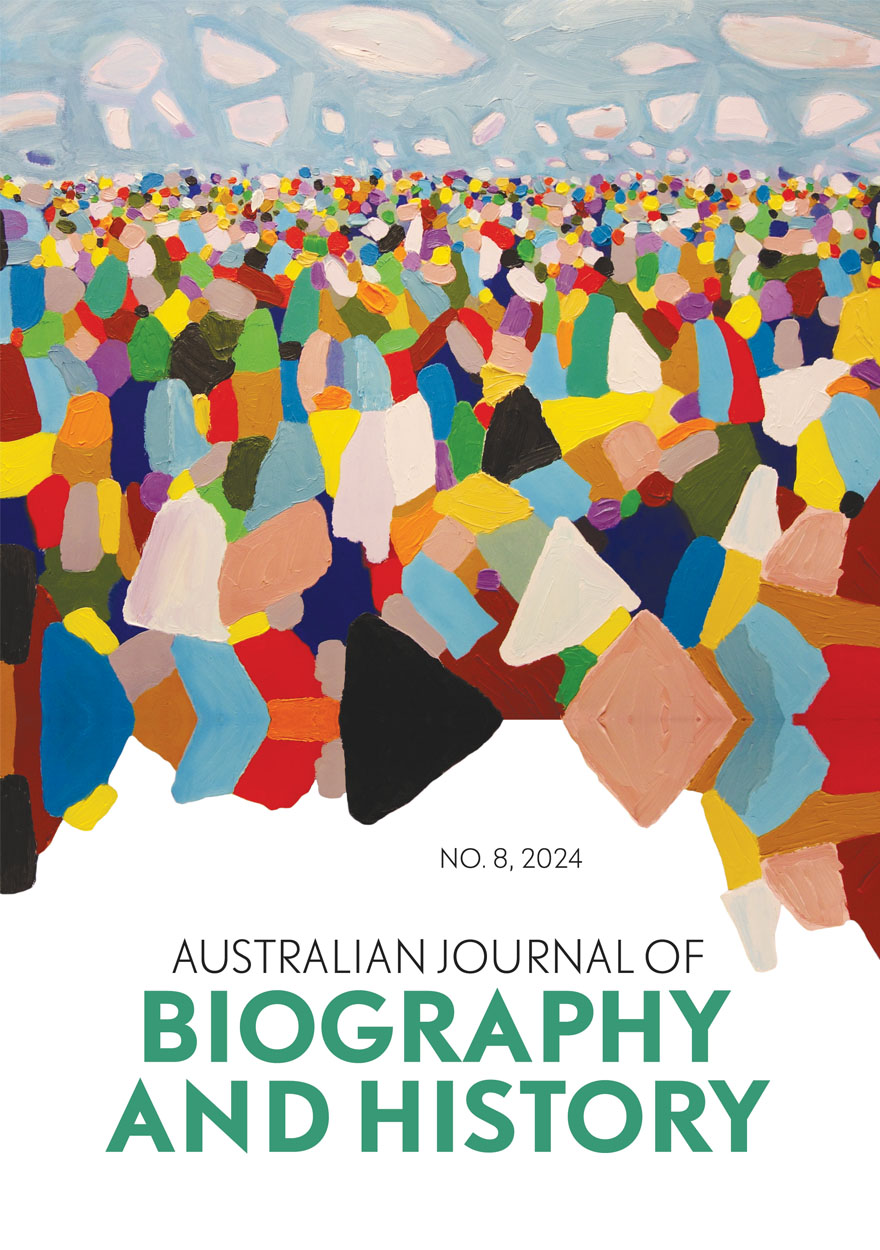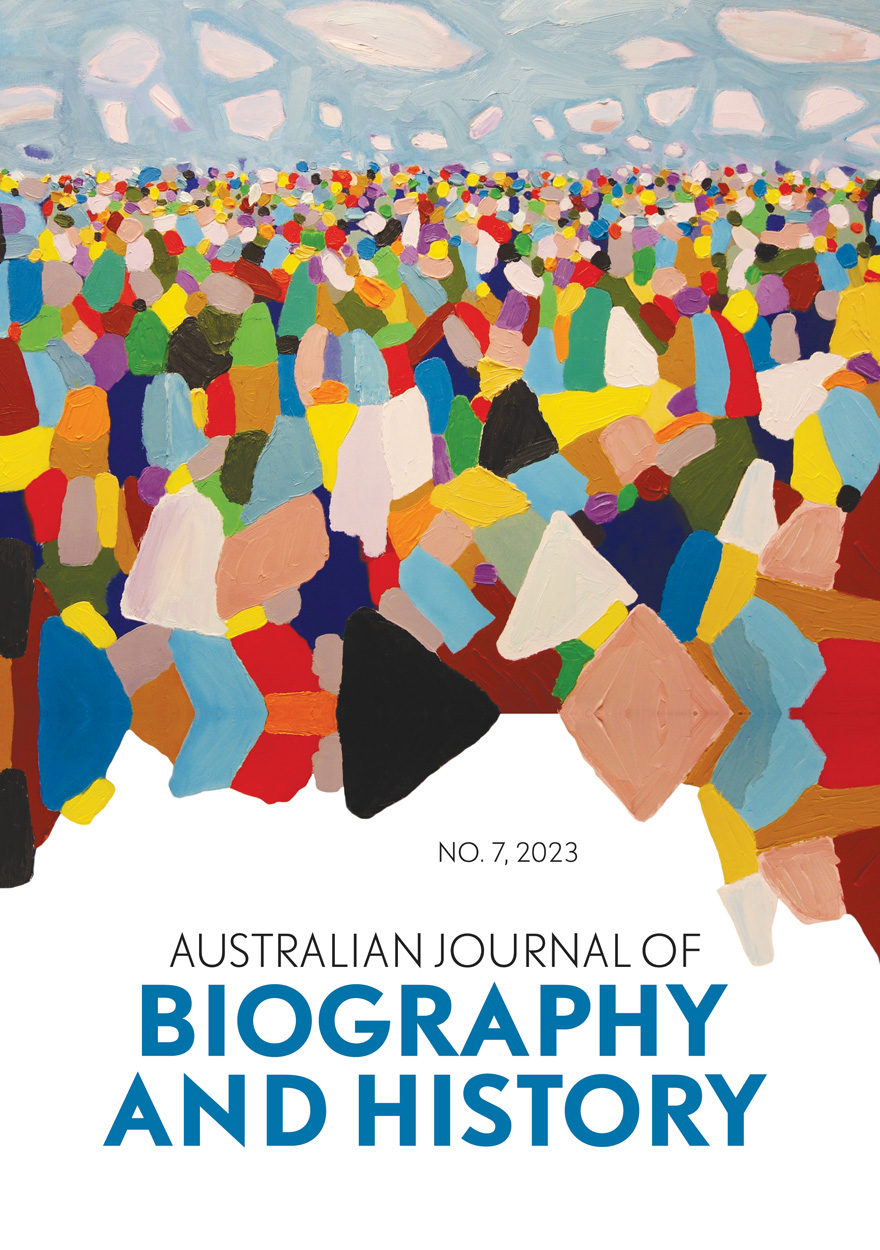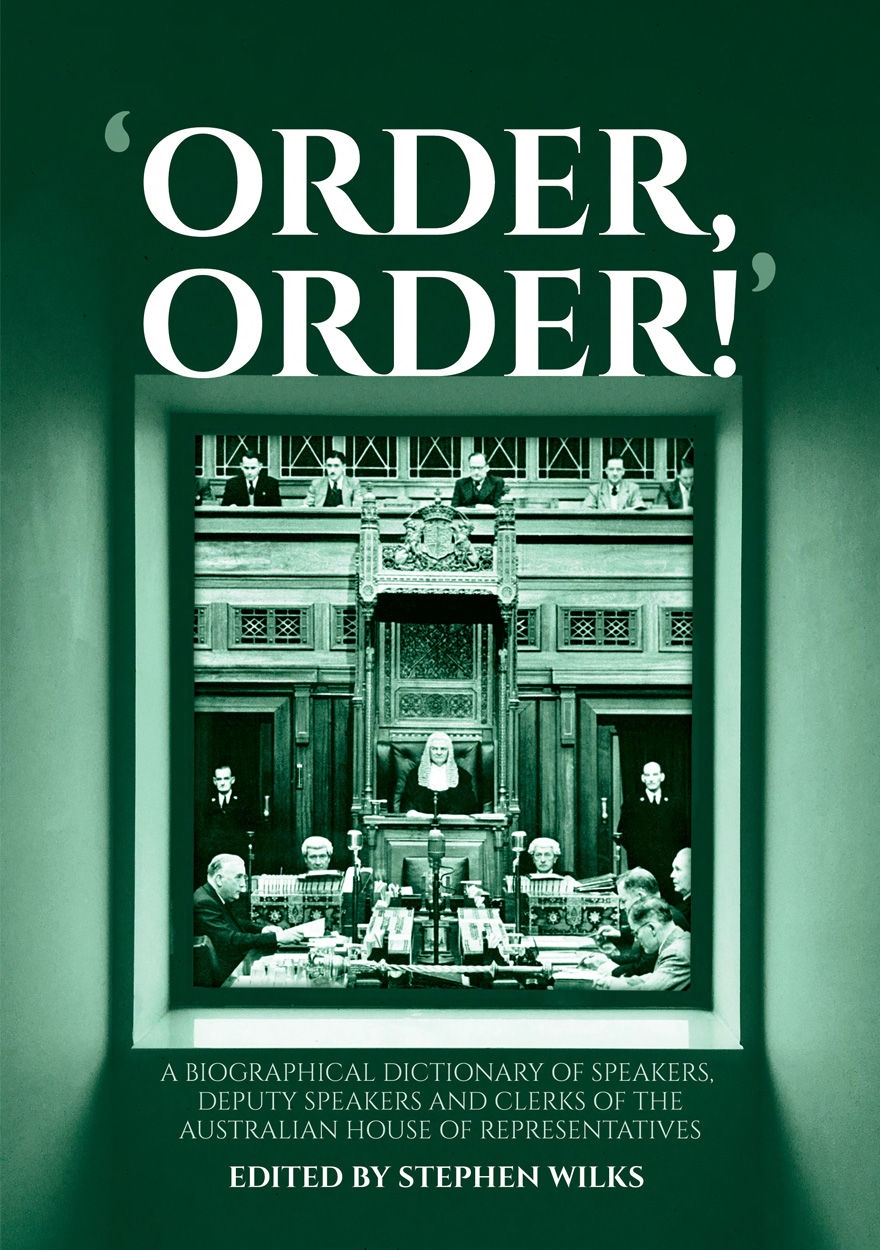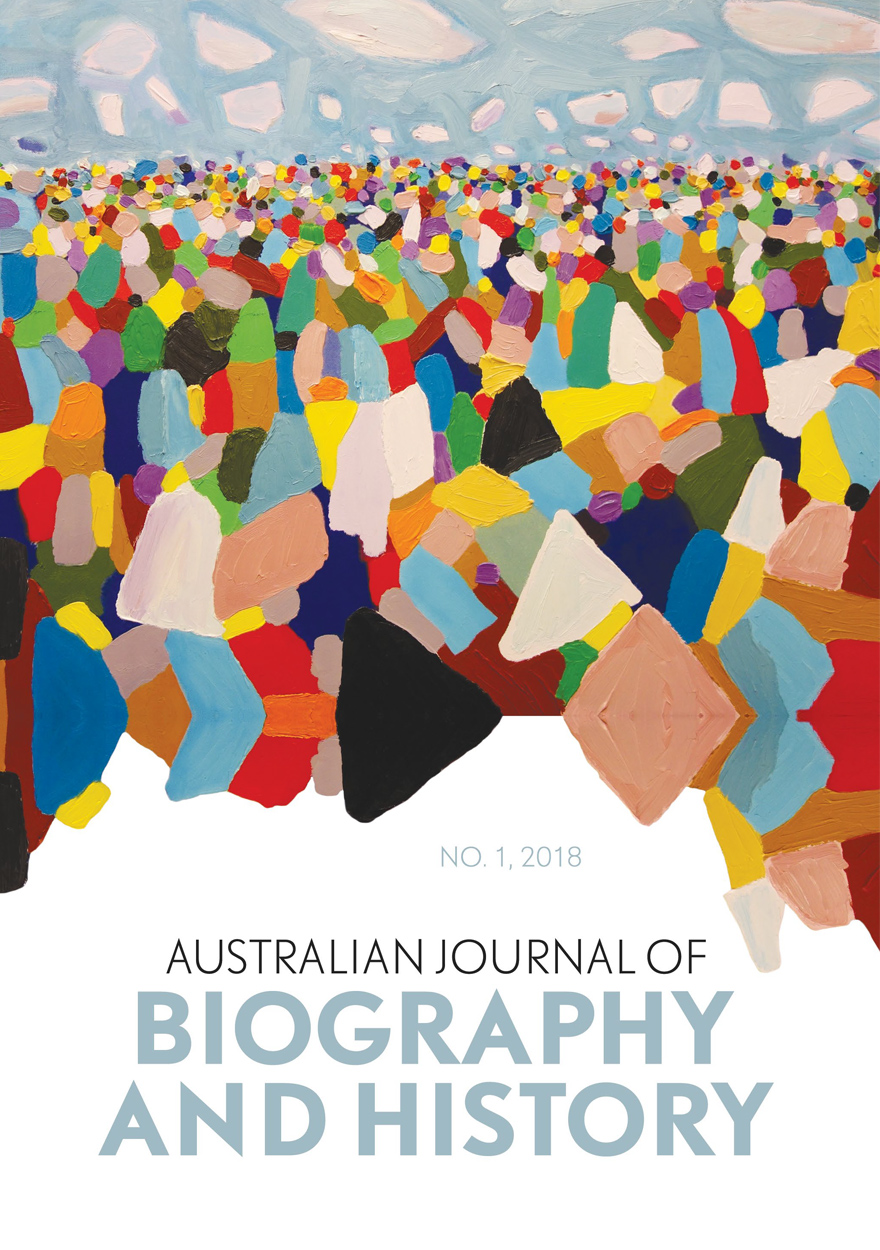
Australian Journal of Biography and History: No. 1, 2018
Please read Conditions of use before downloading the formats.
Description
In this first issue, a diverse range of essays primarily relates to questions of individuals and the contexts in which they functioned, the ‘middle ground’ between a life and the times. Four of them concern Australian women who operated and negotiated various fields of endeavour, only one of which—the role of headmistress of a girls’ school—was unambiguously a woman’s domain. The profile of Miss Annie Hughston (1859–1943) shows how a strong figure could have a disproportionate influence on women entering male bastions. Similarly, Nancy Atkinson, a pioneering bacteriologist at the University of Adelaide, was not only a scientific researcher of note but a teacher of generations of graduate students. Yet when the chair in her field finally became available, she was overlooked in favour of a male English import, despite having acted in the role for many years. She was valued it seems more for her teaching than her research, a classic tendency to ascribe to women in scientific circles a nurturing rather than a knowledge-creating function. Jean Andruana Jimmy (1912–1991), a Yupngayth woman from Mapoon in north Queensland, also became prominent in community leadership and land rights activism, areas that had been assumed to be male spheres. Yet leading her community was by no means as revolutionary as was often assumed by outside European observers, for Andruana saw herself resuming a role that was entirely consistent with women’s responsibilities. Sophie Scott-Brown’s portrait of the playwright and director Eunice Hangar examines the nature of reading as ‘a simultaneously social and individualistic activity’ and its implications for understanding the way Australians have read English writers.
The article on the nineteenth-century journalist and gold commissioner Fredrick Dalton explores the potential of nineteenth-century mobilities in the formation of identity. Karen Fox explores how family history, in this case the Stephen and Street ‘legal dynasty’, can illuminate an understanding of legal and power relations in a geographic setting. The article on André Kostermans, a renowned Dutch Indonesian botanist, is also on one level a story of shifting identity. Born in the Dutch East Indies, and trained in botany in Holland, Kostermans was interned by the Japanese during World War II, and used his skills to supplement the diet of his fellow prisoners of war, and to develop a ‘bush’ procedure for producing surgical-grade alcohol, actions that undoubtedly saved the lives of many. After the war, his career was almost ruined by the Indonesian government’s response to his homosexuality. In the final essay, the University of Xian scholar Tiping Su discusses the problem of the ‘missing’ Chinese in the Australian Dictionary of Biography, explaining the various issues in identifying and historicising the many Chinese who sojourned in Australia, as well as those who stayed.
Details
- ISSN (print):
- 2209-9522
- ISSN (online):
- 2209-9573
- Publication date:
- Dec 2018
- Imprint:
- ANU Press
- DOI:
- http://doi.org/10.22459/AJBH.2018
- Journal:
- Australian Journal of Biography and History
- Disciplines:
- Arts & Humanities: Biography & Autobiography, History
- Countries:
- Australia
PDF Chapters
Australian Journal of Biography and History: No. 1, 2018 »
Please read Conditions of use before downloading the formats.
If your web browser doesn't automatically open these files, please download a PDF reader application such as the free Adobe Acrobat Reader.
To copy a chapter DOI link, right-click (on a PC) or control+click (on a Mac) and then select ‘Copy link location’.
Articles
- Australian historians and biography (PDF, 0.2MB) — Malcolm Allbrook and Melanie Nolan doi
- The Lady Principal, Miss Annie Hughston (1859–1943) (PDF, 2.2MB) — Mary Lush, Elisabeth Christensen, Prudence Gill and Elizabeth Roberts doi
- Nancy Atkinson, bacteriologist, winemaker and writer (PDF, 0.5MB) — Emma McEwin doi
- Andruana Ann Jean Jimmy: A Mapoon leader’s struggle to regain a homeland (PDF, 0.6MB) — Geoff Wharton doi
- Upstaged! Eunice Hanger and Shakespeare in Australia (PDF, 0.2MB) — Sophie Scott-Brown doi
- Frederick Dalton (1815–80): Uncovering a life in gold (PDF,1.0MB) — Brendan Dalton doi
- Australian legal dynasties: The Stephens and the Streets (PDF, 0.2MB) — Karen Fox doi
- Jungle stories from ‘Dok’ Kostermans (1906–94), prisoner of war on the Burma–Thailand railway (PDF, 1.0MB) — Michèle Constance Horne doi
- Chinese in the Australian Dictionary of Biography and in Australia (PDF, 5.5MB) — Tiping Su doi
Book reviews
- Michelle Grattan review of Tom Frame (ed.), The Ascent to Power, 1996: The Howard Government (PDF, 0.2MB)
- Ragbir Bathal review of Peter Robertson, Radio Astronomer: John Bolton and a New Window on the Universe (PDF, 0.2MB)
- Darryl Bennet review of Peter Monteath, Escape Artist: The Incredible Second World War of Johnny Peck (PDF, 0.2MB)
- Barbara Dawson review of Stephen Foster, Zoffany’s Daughter: Love and Treachery on a Small Island (PDF, 0.2MB)
- Nichola Garvey review of Kerrie Davies, A Wife’s Heart: The Untold Story of Bertha and Henry Lawson (PDF, 0.2MB)
- Les Hetherington review of Eric Berti (conceived and introduced) and Ivan Barki (ed.), French Lives in Australia: A Collection of Biographical Essays (PDF, 0.2MB)
- Juliette Peers review of Deborah Beck, Rayner Hoff: The Life of a Sculptor (PDF, 0.2MB)
- Stephen Wilks review of John Murphy, Evatt: A Life (PDF, 0.2MB)
- Notes on contributors (PDF, 0.2MB)
Other publications that may interest you




